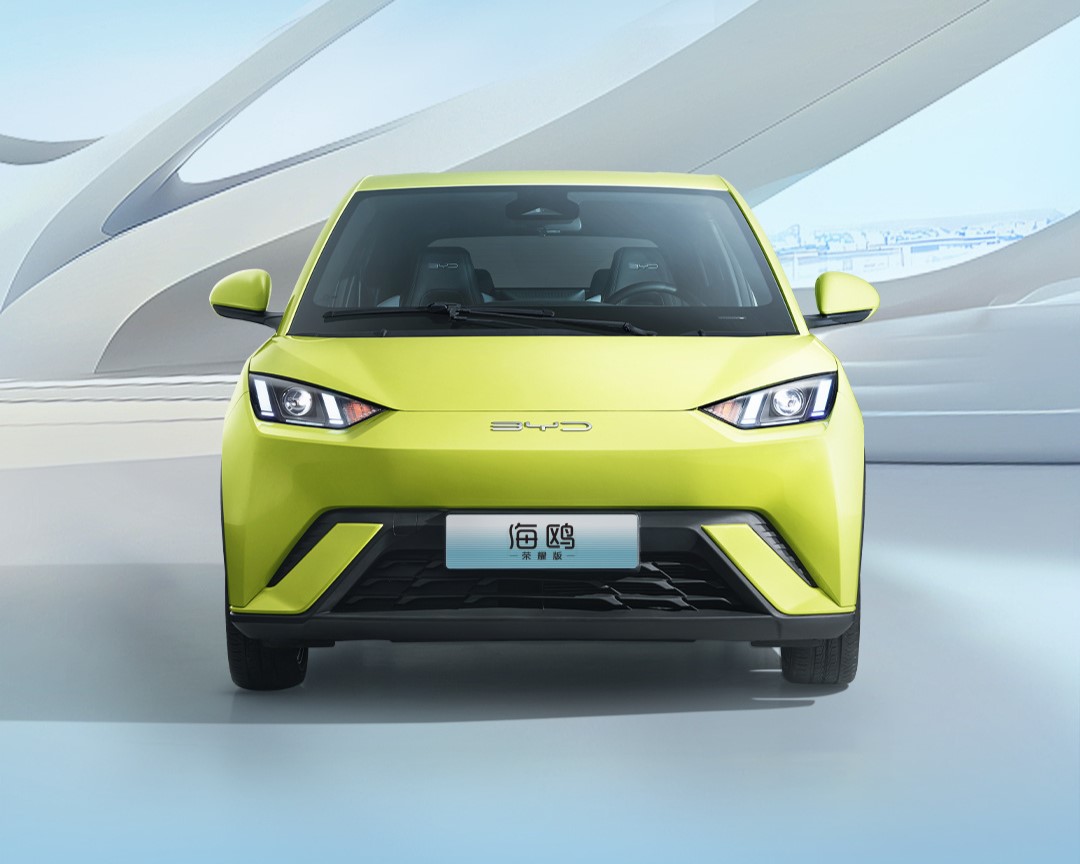[ad_1]

Just as the EU is considering tariffs on Chinese EVs imported into Europe, three US Democratic senators are urging that the Biden administration hike import tariffs on Chinese EVs to address national security risks.
In the US, American drivers have about 50 EVs to choose from, with Europe having about double that. But in China, it’s a pure embarrassment of riches, with 235 different models to choose from, filling every niche, whim, or price range. And of course, we’ve been covering the price war in China here at Electrek, with prices on BYD vehicles dropping to extremely low prices, even as low as $10,000, which can leave Americans feeling frustrated – when will we get truly low-cost EVs?
Answer: Probably not soon, at least if it comes from China.
As it stands, Chinese brands are bypassing the US due to trade barriers that already impose a 25% levy, introduced by Donald Trump during his presidency. And now pressure is building to increase that even more, to completely block the possibility of a Chinese EV brand taking hold on US soil.
And Europe is serving as a warning sign, certainly for legacy automakers. “Allowing heavily subsidized Chinese vehicles to enter the U.S. marketplace would endanger American automotive manufacturing,” said a letter from Senators Gary Peters and Debbie Stabenow of Michigan and Sherrod Brown of Ohio, first reported by Reuters.
“Artificially low-priced Chinese EVs flooding the U.S. would cost thousands of American jobs and endanger the survival of the U.S. automotive industry as a whole.”
In Europe this week, the European Commission says it has found evidence that China has been “unfairly” subsidizing the EVs it exports to Europe. Possible “remedies” on the table include retroactive tariffs on Chinese EVs. Meanwhile, Chinese EVs are arriving by the shipload as European automakers are struggling to stay in the game.
The European Commission says China hasn’t been playing fair in that its government has been paying subsidies through direct transfer of funds, which the EC says tips the balance in China’s favor and leaves European automakers out to dry. Of course, China’s access to cheap labor and cheap batteries, where it dominates the supply chain, also increases its gains.
Probe into EV national security threat
Last week, the Commerce Department opened its own formal investigation into whether Chinese vehicle imports pose a threat to US security in that the huge amount of data they collect could be sent to China.
US Commerce Secretary Gina Raimondo said that electric and autonomous vehicles are “collecting a huge amount of information about the driver, the location of the vehicle, the surroundings of the vehicle,” reports Bloomberg. “Do we want all that data going to Beijing?”
Of course, the US has already been tightening up restrictions. Last December, the US Treasury Department released a new list of guidelines for federal subsidies that excluded vehicles containing battery components manufactured or assembled by a “foreign entity of concern” (aka China). As of 2025, vehicles whose batteries contain certain “critical minerals” extracted or processed in China will also be ineligible for the tax credit.
But some lawmakers say this isn’t enough, with Raimondo adding: “If China is subsidizing the vehicles in a way that puts American workers at a disadvantage we have to do something about that.
This isn’t unprecedented, of course. Back in 2022, the FCC cited national security as the reason for banning the sale of communications equipment from Huawei and ZTE and restricted the use of some China-made video surveillance systems. A number of European allies have banned the use of Huawei’s 5G equipment. Not to mention DJI being blacklisted for federal use in the US.
Biden lays low on EVs in State of the Union address
In last night’s State of the Union address, Biden’s last before the election in November, he sidestepped his EV policies and refrained from boasting about his achievements at accelerating EV adoption in the country and establishing a homegrown battery supply chain, which are major points of contention in a tense election year.
“I’m taking the most significant action ever on climate in the history of the world. I’m cutting our carbon emissions in half by 2030,” he said succinctly, only adding a quick mention of his goal of building a public EV infrastructure.
Biden’s $7.5 billion EV infrastructure plan has been a crucial part of his policies, which includes adding 500,000 publicly available chargers by 2030 – and ensuring they are working properly. Meanwhile, EV sales have quadrupled in the US, with the number of publicly available charging ports rising by nearly 70%. Today, more than 4 million EVs are on US roadways, with the goal for half of the country’s car sales to be electric by 2030.
FTC: We use income earning auto affiliate links. More.
[ad_2]
Source link
